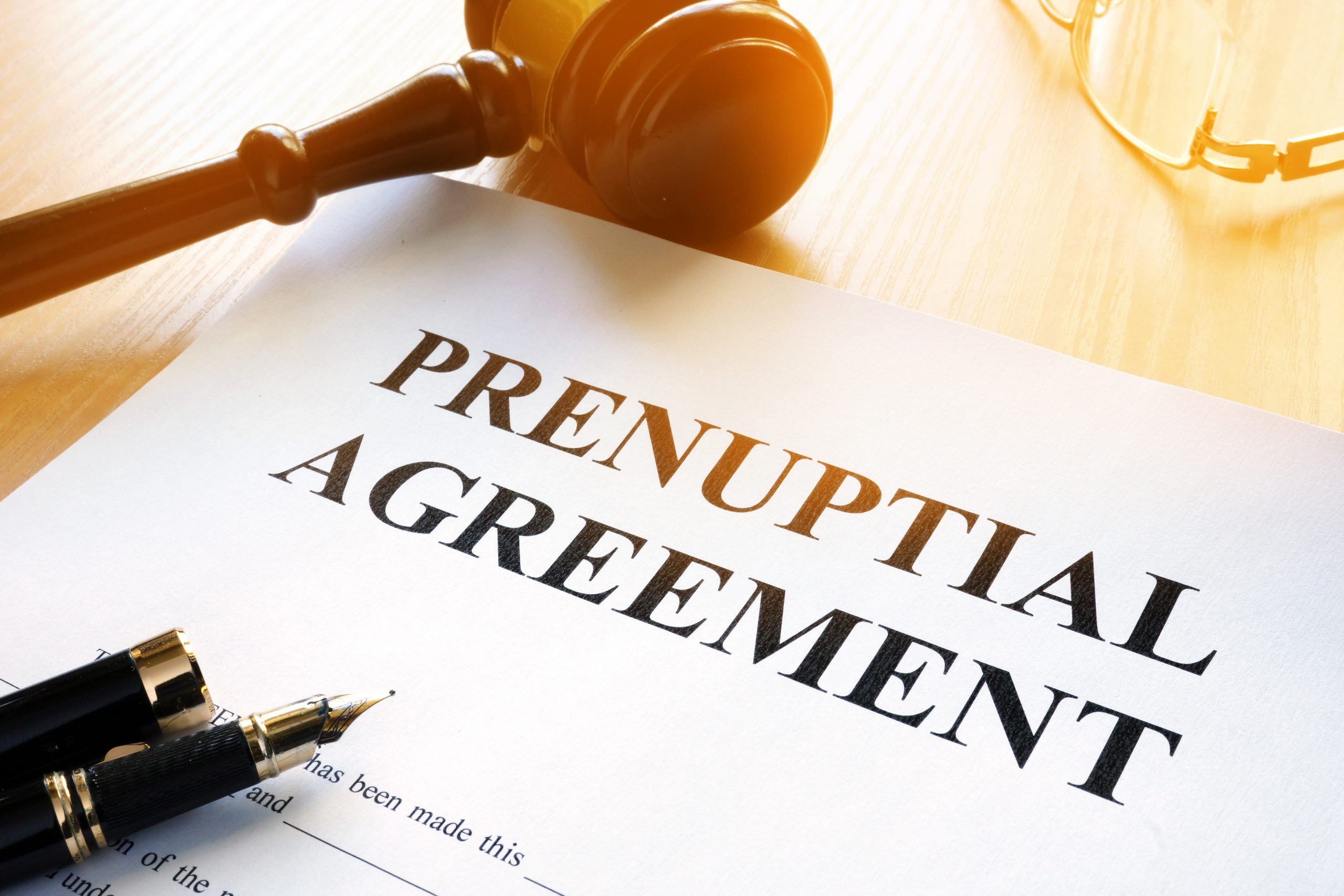Many couples look to enter into prenuptial agreements to record how they would divide their assets if a separation were to occur. This can be especially important in second marriages where both parties have their own children.
They may well have wealth that they have built up over their lifetime that they want to keep separate to preserve it for their children’s inheritance. It could be that couples have already been through a very difficult divorce and do not want to expose themselves to the risk of that happening again.
Other circumstances may be where there is a financial imbalance between couples, for instance where one person has a large amount of wealth, perhaps acquired through inheritance.
A prenuptial agreement allows couples to decide how their assets would be divided, following a separation. The document can be drafted in a way that evolves with the couples’ lives. The terms can be set to change automatically upon certain events like children being born or the marriage continuing for a certain number of years. Prenuptial agreements can be a great way to try to avoid years of litigation following any potential separation. It also gives couples certainty and clarity.
The question is, are prenuptial agreements actually worth the paper they are written on in the UK?
If they are drafted and entered into properly then they are much more likely to be determinative on the basis of recent Judicial decisions.
The key points that any Court would be looking for before upholding the terms of a prenuptial agreement are to ensure that there has been:
- no unfair pressure,
- that both parties have had the benefit of legal advice,
- that there has been financial disclosure.
The key is that individuals should have been in a position to make an informed decision with the benefit of all of the relevant information.
Previous practice has been to ensure that prenuptial agreements are entered into at least 28 days before the wedding. This was the case to make sure that people were not under undue pressure with the wedding creeping closer. However, this rule is no longer conclusive. The main question is have both parties had the time and space to consider the agreement and entered into it with a full appreciation of its terms. The period of negotiation will be an important factor.
It is also best practice for both parties to provide full disclosure of their finances. However, if this does not take place it does not mean that the prenuptial agreement will not be binding. There just need to be material financial disclosure and in essence the economically weaker party needed to know the resources of their future spouse.
Independent legal advice is preferable and it does help to show that there was a full appreciation of what they were committing themselves to.
It is not possible to oust the power of the Court. One party will always have the opportunity to apply to the Court for consideration of their financial claims upon a divorce. However, the Court does need to look at all the circumstances of the case and a prenuptial agreement will certainly be an important factor.
In summary, in the right circumstances, when a prenuptial agreement is properly entered into, then it certainly is worth the paper it is written on. In circumstances where a prenuptial agreement is freely entered into with the mutual intention to be bound by it, then the Court is likely to uphold it.
If E J Coombs Solicitors can assist you with a prenuptial agreement or advice on an existing one, please contact us on 01883 343460.




